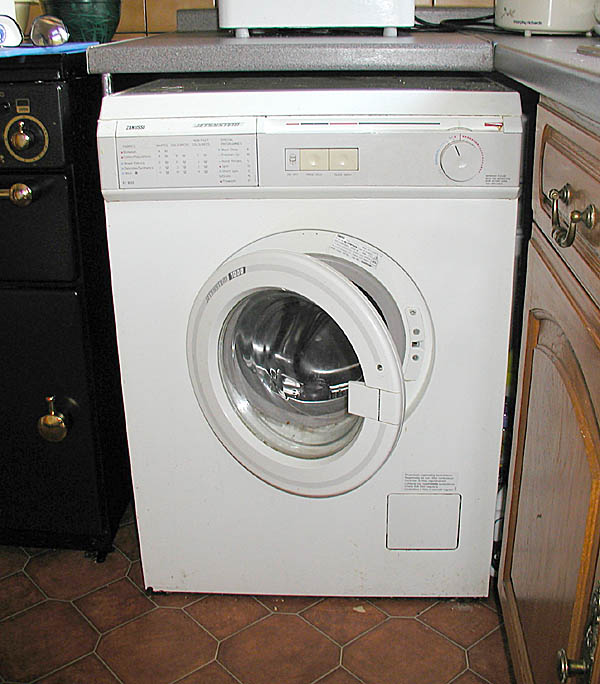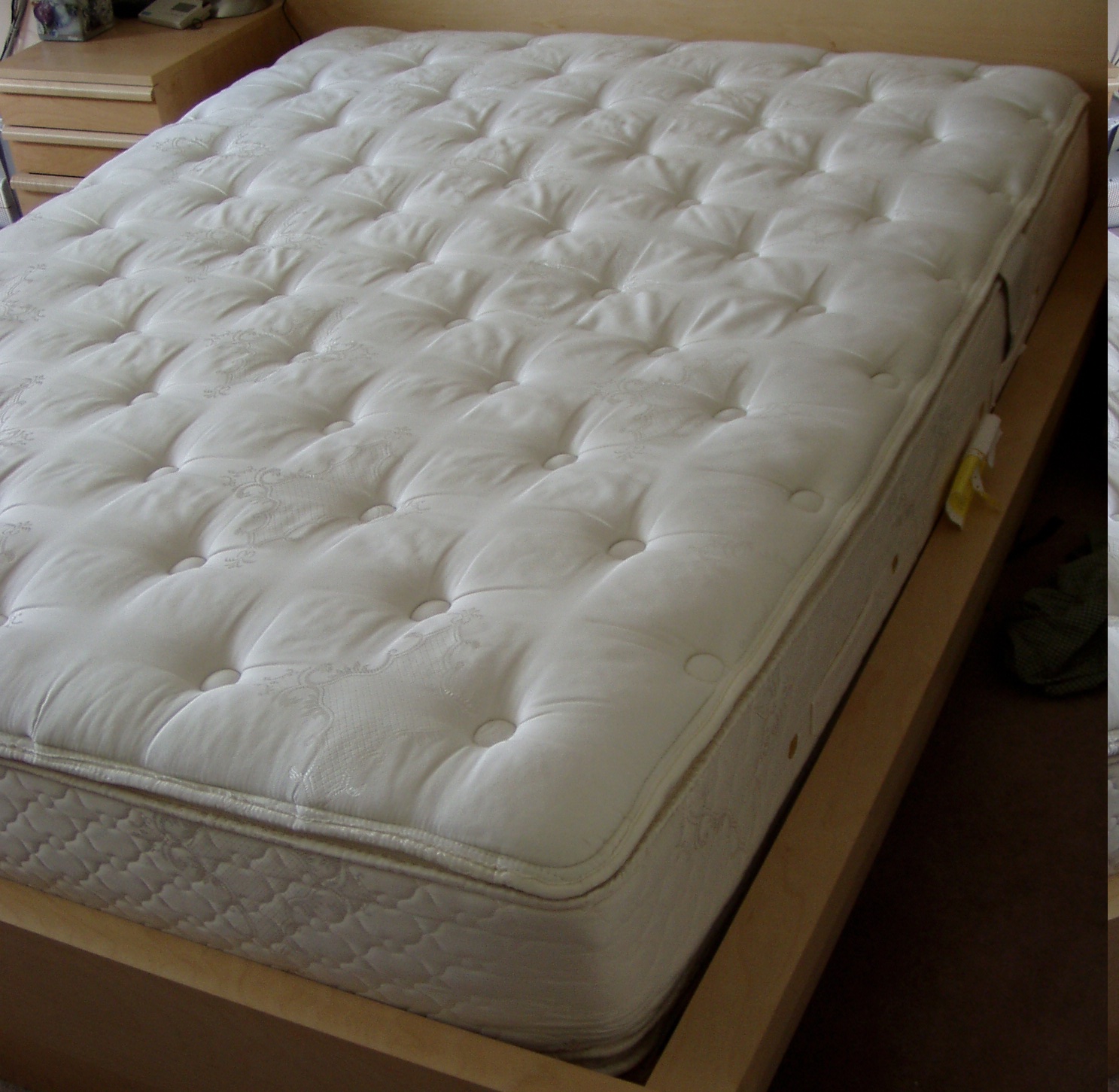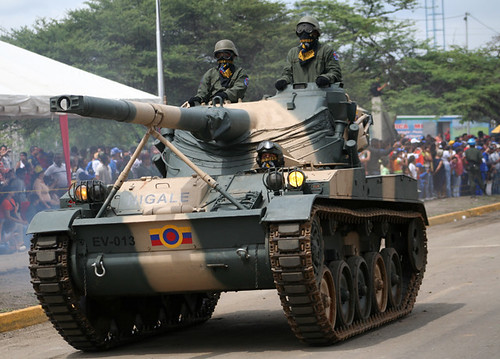Chavez just declared he would "accept" his party's proposal for a referendum that would allow him to stand for the presidency after 2012. He said he would be president until 2021 if God gives him enough health for that. BBC on that here. Afterposten on that here (they seem to think Zulia is particularly prosperous because of its oil, even if the central government is the one distributing all the money).
Just as a reminder:
Just as a reminder:
- Venezuela has a presidential system, a very presidential system since 1999, when Chávez introduced his new constitution. Before 1999 presidents could be elected for five years and then they had to go away at least for five years. After 1999 the president can be reelected twice and the term lasts for 7 years.
- Chávez was elected as president of Venezuela when the oil price had been at an all-time low of $12 per barrel and the price started to climb from 2002.
- Now the price is dropping.
- Chávez says he is needed to protect the people from the opposition
Here some petro-high and lowlights together with the price of the oil barrel at that moment:
- December 1988: Pérez was elected president after people thought he could bring back the times when he first ruled in the seventies (first oil boom for Venezuela)
- February 1989: Big riots took place and many people are shot down by the military
- February 1992: Chávez carried out his bloody coup and failed. He is put in prison
- November 1992: Chávez's military friends tried a bloodier coup and failed as well. All will be release beforehand by president Caldera later on.
- December 1998: Chávez was elected for the first time $12.28
- February 1999: Chávez started his first term $17.48
- December 1999: Chávez proposed a constitution (inclusive renaming the country), strengthens the already strong presidential powers, the constitution is elected $17.48
- April 2002: Big protests took place and right-winged Carmona ruled for less than two days. Chávez came back to power. $24.36
- December 2003: Venezuelans signed calling for a referendum to make Chávez step down. Thousands of people were sacked afterwards for doing that. The pro-Chávez National Electoral System created new norms for accepting signatures, postponed several times the decision about recognizing the signatures, makes hundreds of thousands of people go to sign again (Chavismo used the time to demand state employees to draw back their signatures) $28.1
- August 2004: The referendum took place and the proposal was rejected $36.06
- December 2004: Local elections took place, with the opposition in disarray. It lost most regions $36.05
- December 2005: There were elections for the National Assembly and these were boycotted by the opposition, which did not consider the elections would be fair $50.64
- December 2006: New presidential elections took place, Chávez won again $61.08
- December 2007: Chávez's referendum for indefinite reelection and more power for him is rejected $69.08
- November 2008: Local elections took place. Mixed results: the opposition lost many municipios, but recovers the most densely populated states $99.62
- NOW THE OIL PRICE IS AROUND $47.38
The question is now: how fast can the red-very-red National Electoral System organize the new referendum?
Mind: the oil price I wrote here is the average per year. It is more interesting to look at the price per month. The oil price has been dropping from an all-time high in July 2008 (when the OPEC price was $131.22). Also remember: prices of today are about payments in a couple of months.
Opec oil prices: here.











